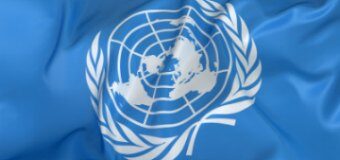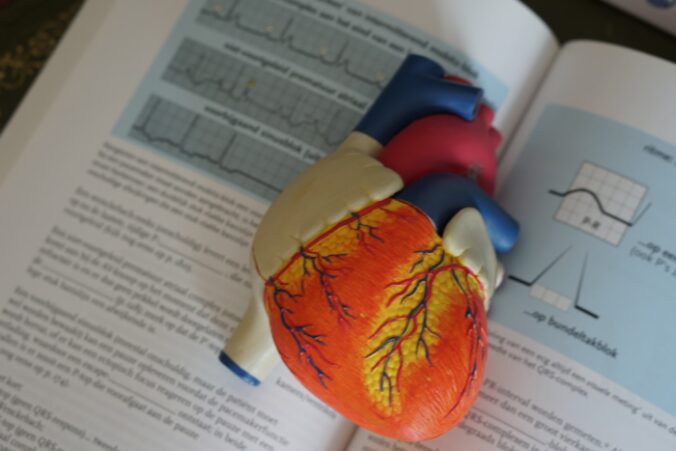
Once again, a UN body is pushing a radical agenda on Ireland at the behest of Irish NGOs. This includes allowing 16 and 17 years olds to identify as a different gender to their biological sex, ensuring free access to abortion for adolescent girls, and further undermining the rights of faith-based schools.
This time the body in question is the UN Committee on the Right of the Child (CRC). The committee monitors the implementation of the UN Convention on the Rights of the Child by the signatory States. It met in Geneva last month to assess a progress report from Ireland. The committee has now issued its report to Ireland and it is essentially a wishlist produced by left-leaning Irish NGOs.
For instance, on the issue of abortion, the report wants us to “Ensure access of adolescent girls to age-appropriate reproductive health services, including free and safe abortion and post-abortion services; ….”.
The committee’s recommendations on religion and schools are almost copied and pasted from the Atheist Ireland submission.
It is not surprising, therefore, to see Atheist Ireland saying that “the committee has made all of the recommendations we asked for.” One of these is that all faith schools, including minority ones, be stripped of the right to admit children of their own faith first in the event of over-enrolment.
There are important issues missing from the set of recommendations, probably because no Irish NGO was advocating for them.
For instance, there is a growing international attempt to limit children’s access to pornography. This is a topic that we should expect to be at the core of the concerns of the UN Committee on the Rights of the Child. However, in the 16-page document only two vague lines are dedicated to the issue. It only says: “The Committee recommends that the State party ratify the Optional Protocol to the Convention on the sale of children, child prostitution and child pornography”.
In making its recommendations, the CRC, like other UN bodies, goes well beyond its area of competence, basing their reports on highly questionable interpretations of the United Nations treaties and conventions.
For example, nowhere is a right to abortion mentioned in the Convention on the Rights of the Child, although the committee effectively pretends otherwise. Likewise with gender ideology.
UN committee experts cannot be familiar with the situation of every single country in the world they are asked to assess. Therefore, they rely heavily on what local NGOs tell them and have a very strong bias in favour of NGOs that reflect their ideological mindset.
A quick look at the list of the organisations that have contributed to the latest report will easily show that they have a highly ‘progressivist’ worldview.
Fortunately, the recommendations of these UN committees are not legally binding.
The Iona Institute has previously produced a paper that highlights the nature and the limits of those UN bodies of experts, which often misinterpret the treaties and conventions to push a radical agenda. You can read it here.
Unfortunately, even if not binding, these reports can and are used to drive particular agendas and the impression is often given that they have some legal force here. They are best ignored.


